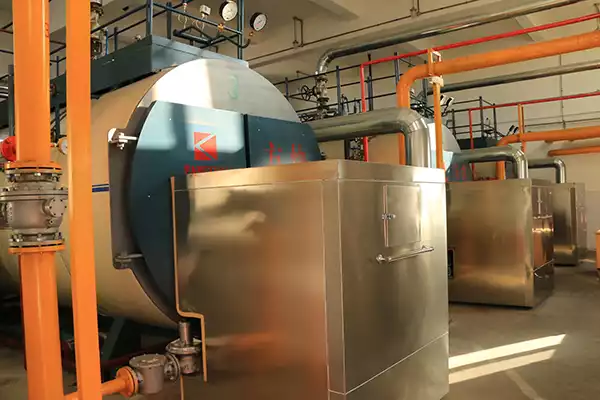
Empowering the Textile Industry in Bangladesh with Fangkuai Dual Fuel Boilers >
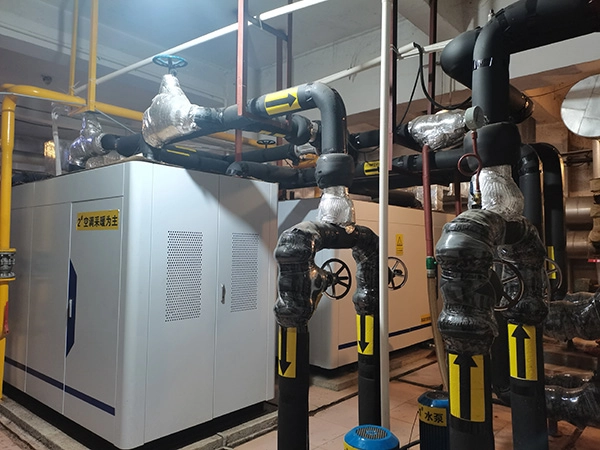
2023 Best Commercial Gas Boiler Prices >
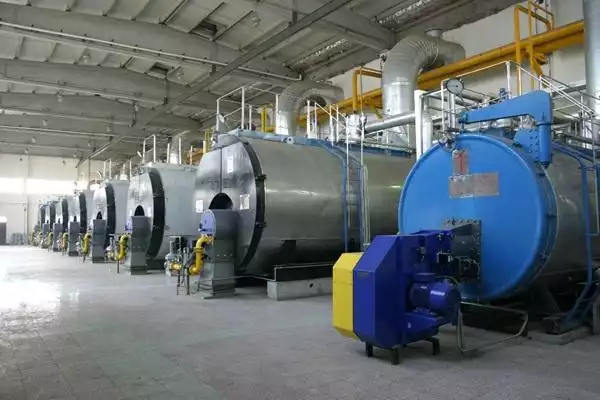
Fangkuai Boiler Introduces New Biomass Boilers >
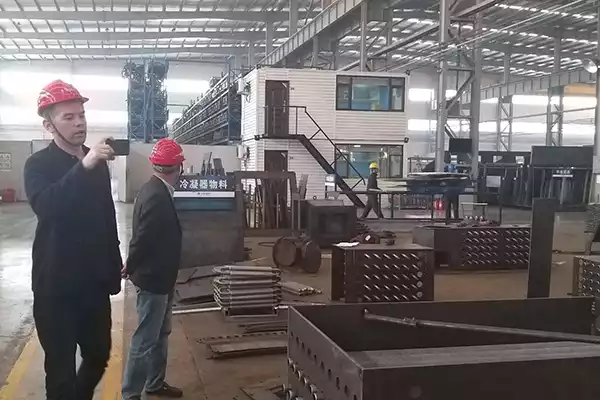
FangKuai Boiler Company: Leading the Way in Energy-efficient Boiler Manufacturing >
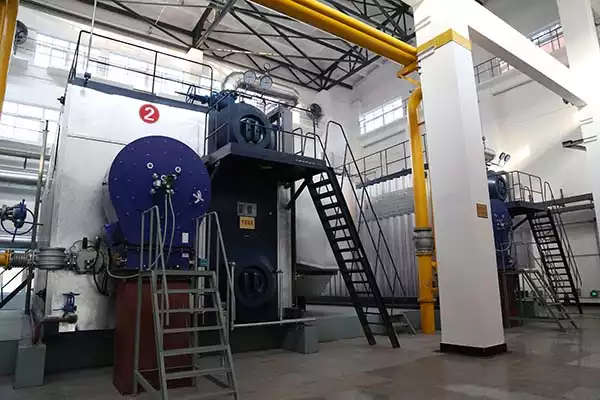
FangKuai Boiler Continues to Lead the Way in Energy-efficient Boiler Manufacturing >
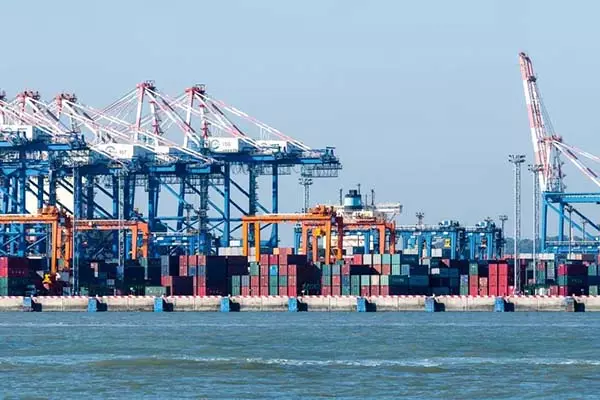
Caldaie Fangkuai: A Stable Development in the Overseas Market >
.jpg)
Discover the key factors affecting industrial electric steam boiler price, including capacity, pressione, ed efficienza energetica. Get expert insights to make an informed purchase decision.

Learn the key factors that affect heater boiler replacement costs, including boiler type, misurare, installation complexity, ed efficienza energetica. This guide helps you make an informed decision and plan your budget effectively for a cost-efficient replacement.

A fire tube steam boiler is a type of boiler in which hot gases pass from a fire through one or many more tubes running through a sealed container of water. The heat of the gases is transferred through the walls of the tubes by thermal conduction, heating the water and ultimately creating steam. This type of boiler is widely used in various industries for heating and power generation.

Installing a heating boiler is a significant investment that directly impacts your home's comfort, efficienza energetica, and long-term savings. Whether you're upgrading an old system or installing a brand-new boiler, understanding the cost factors, installation process, and ways to save money is crucial.
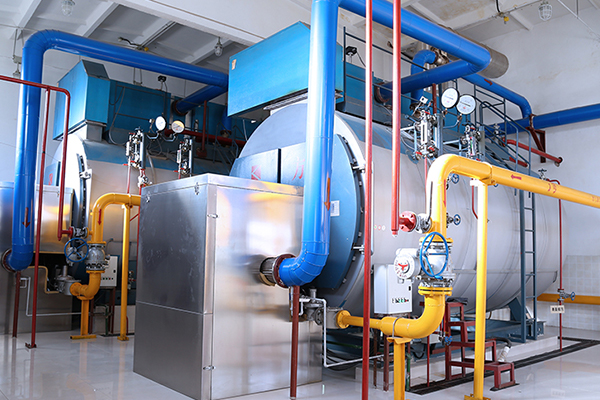
This guide provides a professional overview of steam boilers, covering their types, principi di funzionamento, and efficiency to help you make informed decisions.
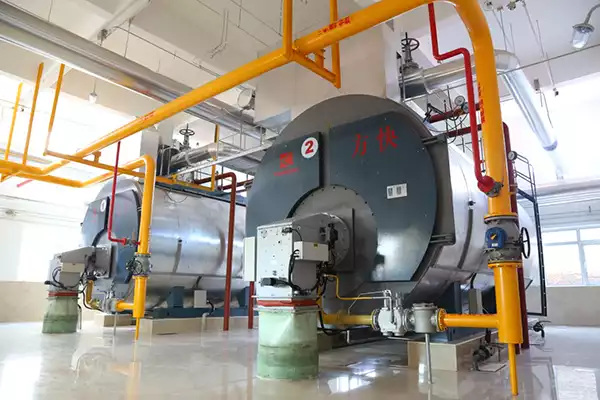
At present, we have provided one-stop solutions for manufacturing, installazione, commissioning, and operation for 200+ industries.
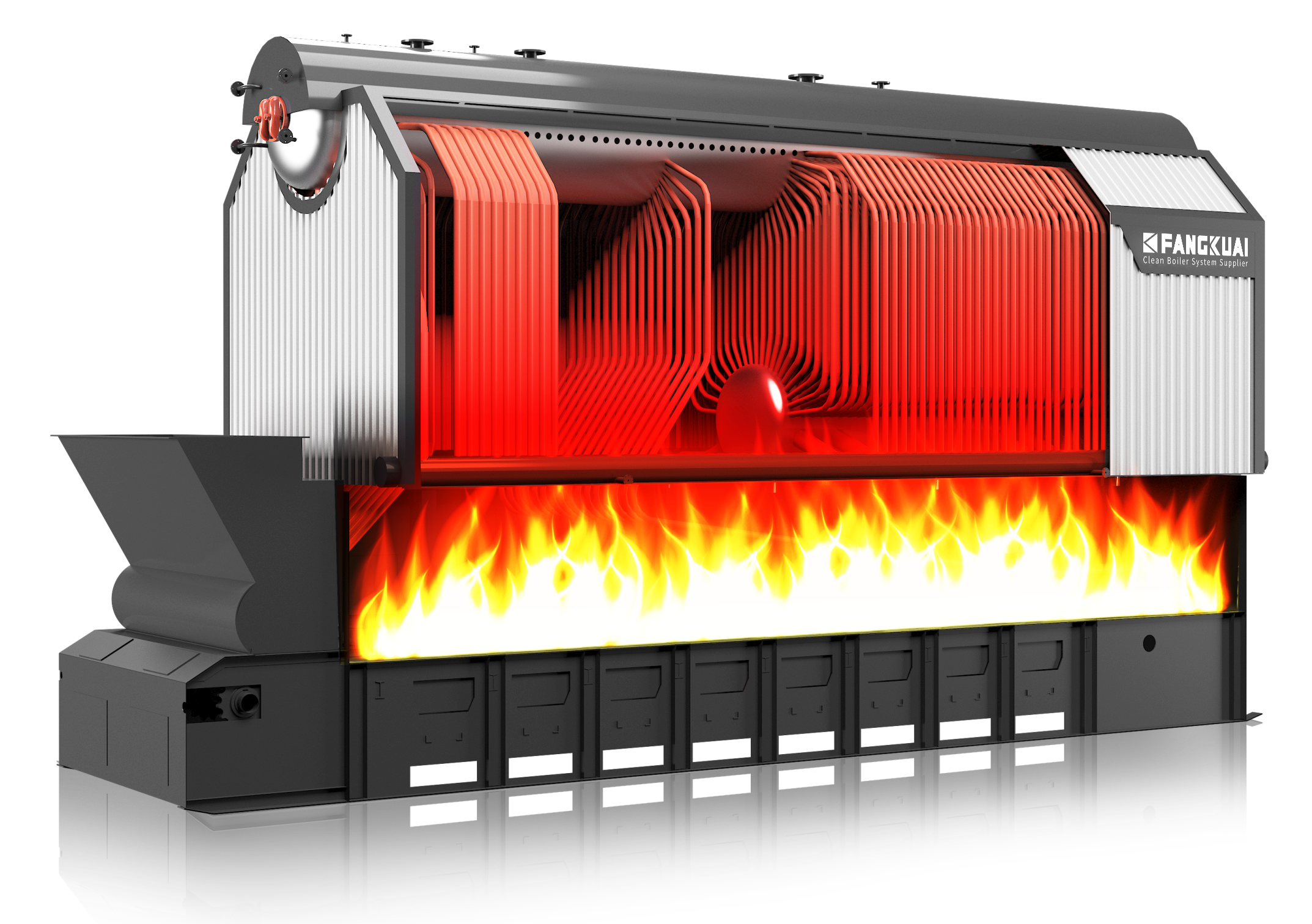
In today’s industrial and commercial sectors, reducing energy consumption and cutting down carbon emissions have become crucial goals for enhancing operational efficiency. Caldaie a biomassa, as an efficient and environmentally-friendly energy solution, are gaining increasing popularity among business owners and building managers.
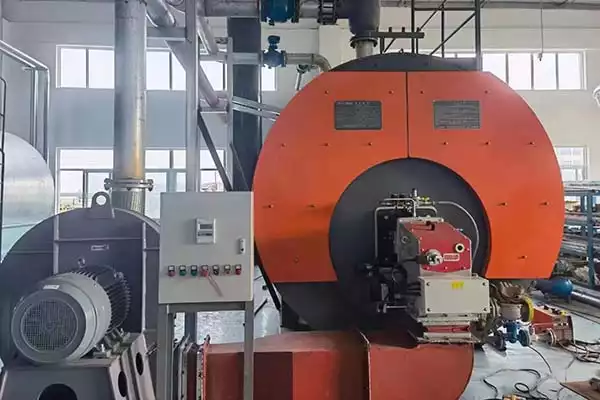
In recent years, the biomass boiler types that are relatively mature and have more application performance are water-cooled vibrating grate furnaces, circulating fluidized beds and a small number of combined grate boilers. This paper analyzes and compares the characteristics of several boiler types and the influence of moisture, ash and impurities in the composition of biomass fuel on the selection of biomass boilers.
Una pressione del vapore della caldaia più alta funziona meglio??
Low steam pressure is beneficial to the safety of pressure-bearing parts and low energy consumption; but the steam quality is relatively poor, with low heat enthalpy and high humidity, which may be difficult to meet the needs of disinfection, sterilizzazione, cultivation, riscaldamento, e produzione di energia.Boiler Efficiency Formula:How to calculate gas boiler efficiency?
Boiler efficiency refers to the ratio of energy output to energy input, expressed as a percentage. The higher the efficiency, the more effectively the boiler converts fuel into heat. Achieving optimal efficiency has numerous benefits, including reduced energy consumption, lower utility bills, and a smaller carbon footprint.Caldaia a gas : La guida definitiva alle domande frequenti
Gas Boiler Troubleshooting: Get answers to common gas boiler issues in this helpful Q&A page. Discover solutions for problems like boiler not turning on, adjusting temperature, gas leaks, faulty ignition, e altro ancora. Find expert guidance to keep your gas boiler running smoothly and efficiently.Step-by-Step Guide to Oil Boiler Installation
Choose a suitable location for the oil boiler installation, ensuring there is enough space for the boiler, oil tank, and necessary piping. The location should be easily accessible for maintenance, well-ventilated, and comply with local building codes.Gas Boiler Installation: A Guide to Efficient Heating
Interested in learning how to properly install a home gas boiler? We provide a comprehensive gas boiler installation guide, breaking down the installation process, precautions, and how to ensure safety. From professional installation to crucial maintenance, we've got your home heating covered.come aggiungere acqua a una caldaia a vapore?
Learn the essential steps and techniques for adding water to a steam boiler. Discover the significance, safety measures, different methods, and maintenance tips for maintaining optimal water levels in your steam boiler system.7 passaggi per spiegarti come pulire una caldaia a vapore
Discover the essential steps and techniques for effectively flushing a boiler system. Learn the significance, safety measures, different methods, and maintenance tips for maintaining optimal boiler performance.Steam boiler water level is too high: causes, effects and solutions
A high water level in a steam boiler can be a concerning issue as it might lead to water carryover into the steam lines, affecting the efficiency and safety of the boiler system. There are a few potential reasons for this problem and steps you can take to address it:
vVisualizza le recensioni dei nostri clienti
"L'attrezzatura ausiliaria di Fangkuai ha reso il mio sistema di caldaie ancora migliore. La qualità dell'attrezzatura è eccezionale ei prezzi sono molto ragionevoli. L'apparecchiatura ha contribuito a migliorare l'efficienza e le prestazioni del mio sistema di caldaie, che ha portato a notevoli risparmi sui costi. Consiglio vivamente l'attrezzatura ausiliaria di Fangkuai a chiunque necessiti di accessori per caldaie di alta qualità."
Maryk
UK"Il servizio clienti di Fangkuai è di prim'ordine. Mi hanno aiutato a scegliere la caldaia perfetta per le mie esigenze e mi hanno fornito un grande supporto durante tutto il processo. Anche il processo di installazione è stato molto fluido e la caldaia ha superato le mie aspettative. È molto facile da usare e mantenere, e l'efficienza energetica è notevole. Consiglio vivamente i prodotti Fangkuai a chiunque necessiti di soluzioni di riscaldamento affidabili ed efficienti."
Giovanni
Messico"La caldaia a vapore di Fangkuai è perfetta per la mia attività di trasformazione alimentare. Soddisfa tutti i nostri requisiti ed è molto affidabile. La qualità dei materiali e la costruzione della caldaia sono eccezionali. È anche molto facile da usare e mantenere, che ci ha aiutato a risparmiare tempo e denaro per la manutenzione. Consiglio vivamente le caldaie a vapore di Fangkuai a chiunque necessiti di soluzioni di riscaldamento affidabili."
Json
Brasile"Ho acquistato una caldaia a vapore Fangkuai per la mia fabbrica e funziona perfettamente da mesi ormai. La qualità dei materiali e la costruzione della caldaia sono impressionanti. È anche molto efficiente dal punto di vista energetico, che ci ha aiutato a risparmiare sulle nostre bollette energetiche. Consiglio vivamente i prodotti Fangkuai a chiunque necessiti di soluzioni di riscaldamento affidabili ed efficienti."
John
Stati Uniti d'America"Utilizziamo da anni la caldaia ad olio diatermico Fangkuai per il nostro impianto chimico e non ci ha mai deluso. La caldaia è molto resistente e può resistere a condizioni difficili. È anche molto facile da usare e mantenere, che ci ha aiutato a risparmiare tempo e denaro per la manutenzione. Le caldaie ad olio diatermico Fangkuai sono di prim'ordine e le consiglio vivamente a chiunque necessiti di soluzioni di riscaldamento affidabili."
Chang
Cina"Il generatore di vapore di Fangkuai è perfetto per la mia piccola impresa. È molto facile da usare e richiede una manutenzione minima. È anche molto efficiente dal punto di vista energetico, che mi ha aiutato a risparmiare sulle mie bollette energetiche. Anche il servizio clienti di Fangkuai è eccellente. Sono molto reattivi e sempre disposti ad aiutare. Consiglio vivamente i generatori di vapore di Fangkuai."
Ahmad
Egitto"La caldaia ad olio diatermico di Fangkuai è molto facile da usare e manutenere. Ci ha aiutato a risparmiare tempo e denaro sulla manutenzione, che ha portato a notevoli risparmi sui costi. La qualità dei materiali e la costruzione della caldaia sono eccezionali. È anche molto efficiente dal punto di vista energetico, che ci ha aiutato a risparmiare sulle nostre bollette energetiche. Consiglio vivamente la caldaia a olio diatermico di Fangkuai ."
Allen
Brasile"La caldaia per l'acqua calda di Fangkuai è fantastica. Si riscalda in modo rapido ed efficiente, e l'acqua rimane calda per molto tempo. Non abbiamo mai avuto problemi e ha apportato un miglioramento significativo alle nostre operazioni quotidiane. Anche il processo di installazione è stato molto fluido e il servizio clienti è stato eccellente. Consiglio vivamente le caldaie ad acqua calda di Fangkuai."
Sara
Canada"Utilizziamo da anni la caldaia ad olio diatermico Fangkuai per il nostro impianto chimico e non ci ha mai deluso. La caldaia è molto resistente e può resistere a condizioni difficili. È anche molto facile da usare e mantenere, che ci ha aiutato a risparmiare tempo e denaro per la manutenzione. Le caldaie ad olio diatermico Fangkuai sono di prim'ordine e le consiglio vivamente a chiunque necessiti di soluzioni di riscaldamento affidabili."
Chang
Cina